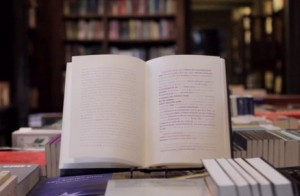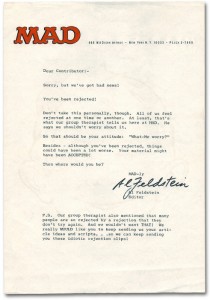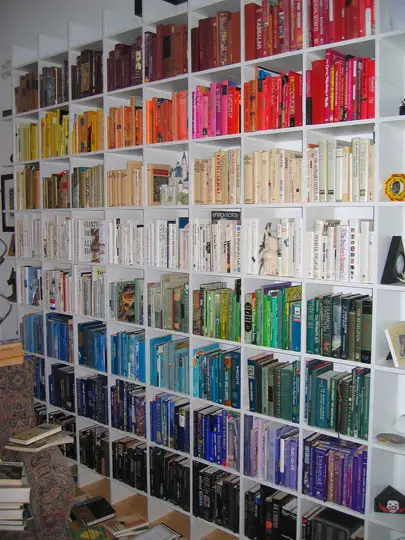by Jas Faulkner
Tabitha and Samantha, my UBS owning friends down in Mississippi, found out I knew an author who would be passing through on her way to a signing in Jackson before zig-zagging up to Memphis and then to Atlanta and then back west to Birmingham and…you get the idea. Fortunately, so did Tab and Sam, who helps her sister run a bed and breakfast. They offered my author friend a night of peace, quiet, and fresh vegetables from the kitchen garden, which she gratefully accepted.
Before anyone nods sagely and mutters, “Yep. Celebrities get the breaks.” you need to know two things:
First: Samantha sold a novel that was optioned for a movie that sat in development limbo for nearly a decade before it was finally made into a straight-to-cable feature. She knows what it’s like to be expected to act like a celebrity when the truth is that few people in the room actually know who you are or what your situation is.










